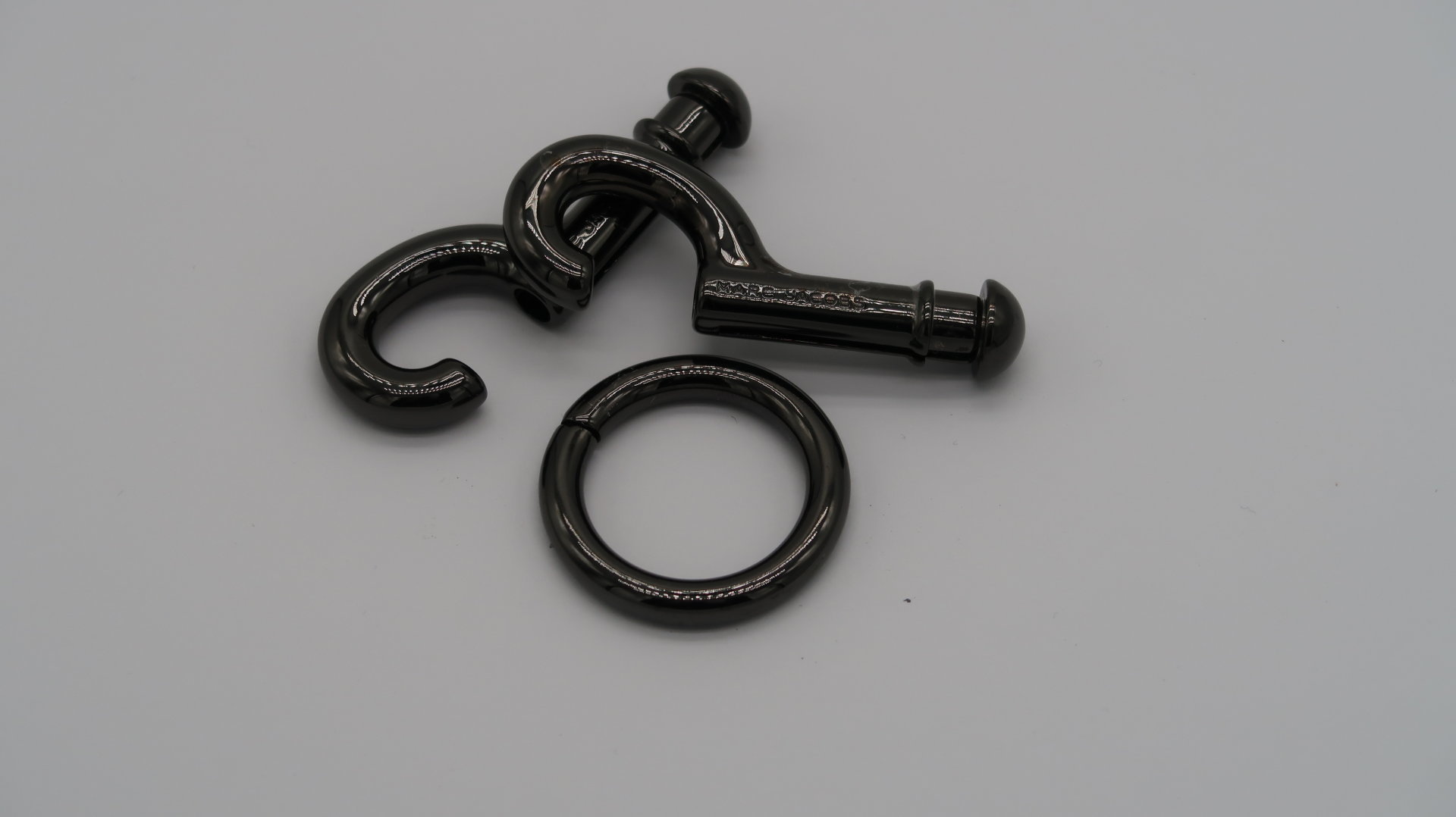Factors Affecting the Quality of Trivalent Chromium Passivation?
Nov 12,2020


Factor 1: Time
The correct immersion time is one of the most important variables in the passivation process. When the workpiece is passivated using a trivalent chromium passivation solution, the metal is dissolved and a conversion film is formed when the workpiece is immersed in the passivation solution. The longer the contact time between the trivalent chromium passivation solution and the electroplating workpiece, the more opportunities for conversion, and in most cases a thicker passivation film will be formed.
The rate of conversion film generated by trivalent chromium passivation solution is slower than that of hexavalent chromium passivation. If the immersion time is too short, the passivation film thickness will be insufficient and the corrosion resistance will be poor; if the immersion time is too long, it will lead to excessive consumption and poor corrosion resistance. Therefore, the immersion time must be controlled.
The formation of the conversion film begins as soon as the workpiece enters the treatment solution of the trivalent chromium passivation solution, and the formation of the conversion film is not stopped until the workpiece enters the rinsing tank. As long as the passivation solution remains in contact with the metal, the conversion film will continue to form. When this process occurs outside the actual process tank, a poor quality conversion film is generated. In order to reduce this as much as possible, the residence time, in particular between the passivation tank and the rinsing tank, should be kept as short as possible.
Factor 2: Temperature
In addition to the longer immersion time, temperature is also one of the factors affecting the quality of passivation. The temperature of trivalent chromium passivation solution has a wide range of adaptation. Under the same time, 28-40 ℃ is the best, and the time should be appropriately extended when it is lower than 20 ℃.
Factor 3: Concentration
High-performance trivalent chromium passivation solutions are generally carried out at 6-10% or more volume concentrations. Much like the case of temperature, these higher concentrations are required to provide "energy" to the conversion solution to produce the desired conversion film.
Contact Us
E-mail:
sales@dazhichem.com
Phone/WeChat:
+86-18520125168
Address:
No.1 Tianyuan East Road, Yonghe Economic Zone, Huangpu District, Guangzhou City






